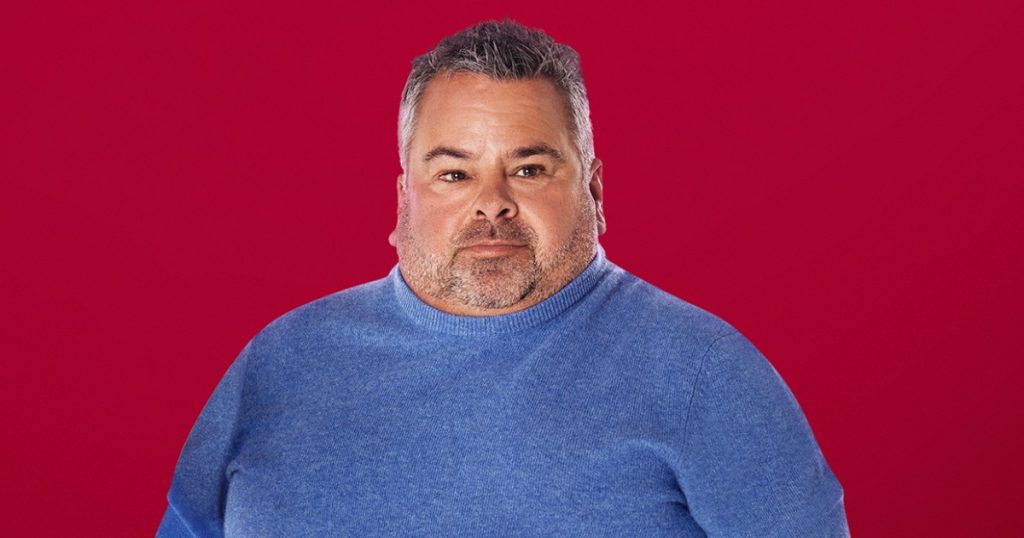Ed Brown, also known as Big Ed, is a star on the TLC reality series “90 Day Fiancé” known for his unique physical characteristics. He has Klippel-Feil syndrome (KFS), a condition where two or more neck bones are fused together. Brown has a short neck and limited range of motion, common symptoms of KFS. The condition is rare, affecting only one in 40,000-42,000 newborns worldwide. Brown wasn’t diagnosed until he was a teenager, despite a doctor’s early warning of potential complications. His appearance on reality TV has sparked curiosity and admiration, with many viewers reaching out to him, some seeking dating advice and others curious about his confidence.
Growing up with KFS, Brown faced bullying and teasing about his appearance, but also discovered his strength in bodybuilding and gymnastics. A fall at age 13 led to a discovery about his spinal cord, forcing him to give up contact sports and gymnastics. Despite the limitations, Brown adapted and developed a passion for weightlifting. In high school, his popularity increased, leading him to embrace his entertainment side and build confidence. KFS will always play a role in Brown’s life, with limited neck movement and a potential for bone issues as he ages, but he remains in a positive mindset and is actively trying to prevent further complications by staying active.
Brown realizes the impact his platform on reality TV has in raising awareness about KFS and has taken on the role of chairman of a nonprofit called Remembering Nicholas. The organization raises awareness about the dangers of sleeping with an infant child in your bed. Brown’s focus now is on giving back and using his celebrity status to spread awareness about important causes. He believes that embracing one’s looks is essential, as everyone is made the way they are for a reason. His positive outlook on life, despite facing challenges with KFS, is an inspiration to many.
People often recognize Big Ed on the street due to his appearances on “90 Day Fiancé,” but long before his reality TV stardom, he drew attention for his physical appearance. Brown, with KFS, has a short neck and unique features that set him apart from others, leading to stares from strangers. His early childhood memories include being stared at by children and adults who found him interesting due to his physical characteristics. Despite encountering haters and facing bullying in his younger years, Brown has learned to love and embrace himself, using his condition to his advantage in building strength and confidence.
Klippel-Feil syndrome has been a part of Brown’s life since childhood, and while it presents challenges such as limited neck movement and potential spinal issues, he has learned to adapt and stay positive. Brown has found ways to work around his physical limitations, such as using mirrors while driving to compensate for his restricted range of motion. As he ages, he remains hopeful to avoid significant bone issues and is actively engaging in activities to prevent further complications. Overall, Brown feels that living with KFS has actually helped him more than hurt him, leading him to be in a good mental and physical state. His desire to spread awareness about KFS and other important causes has become a major goal as a public figure, highlighting the importance of embracing one’s unique looks and spreading positivity despite challenges.













